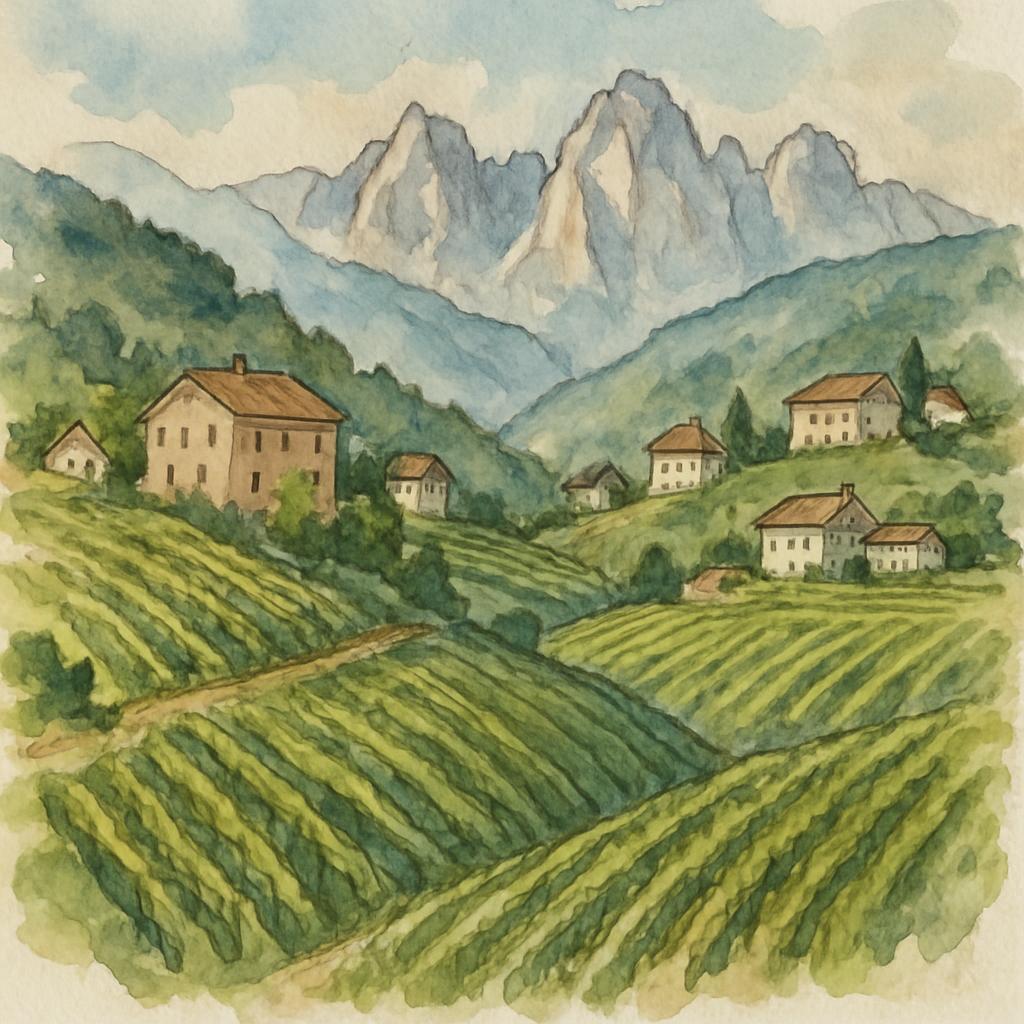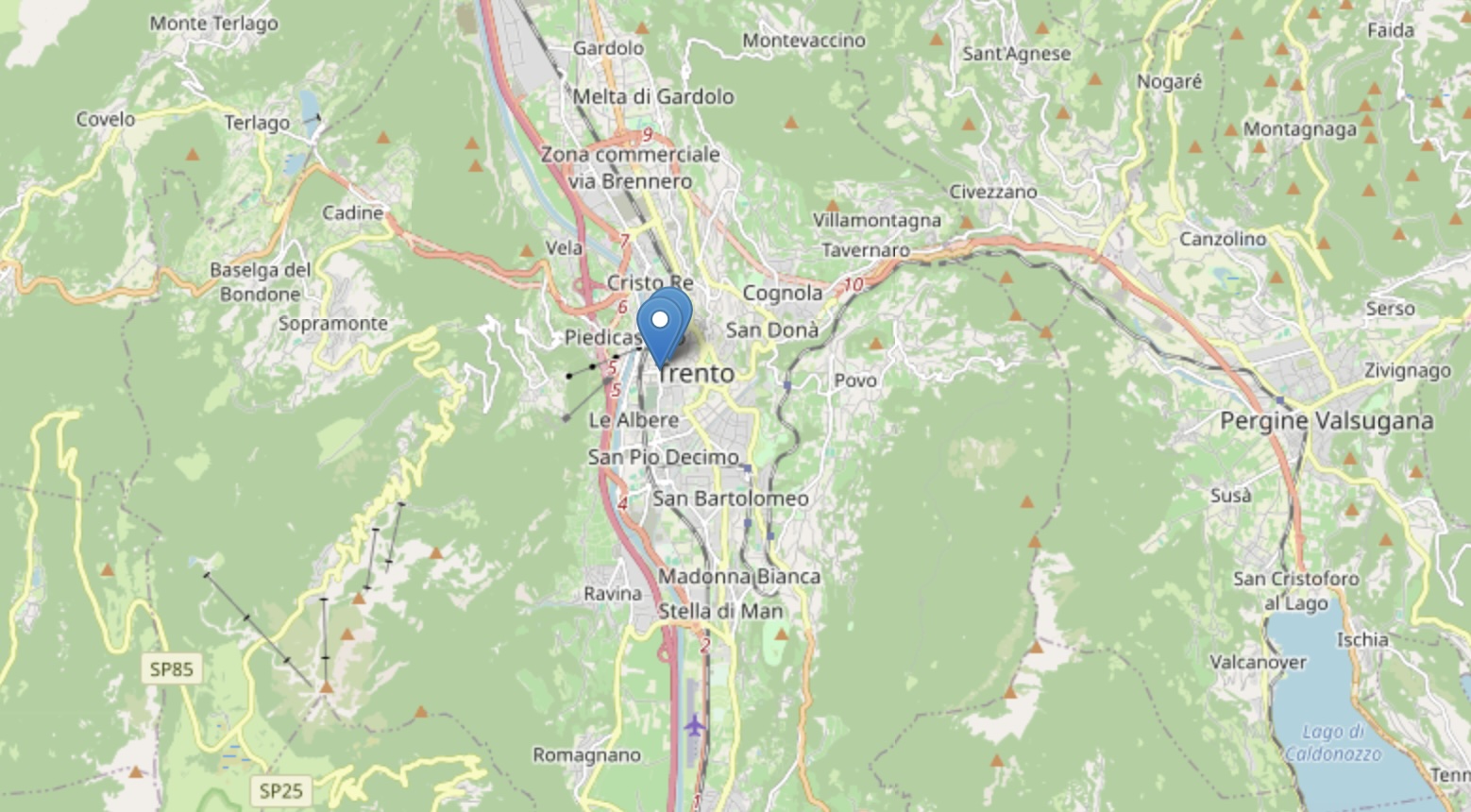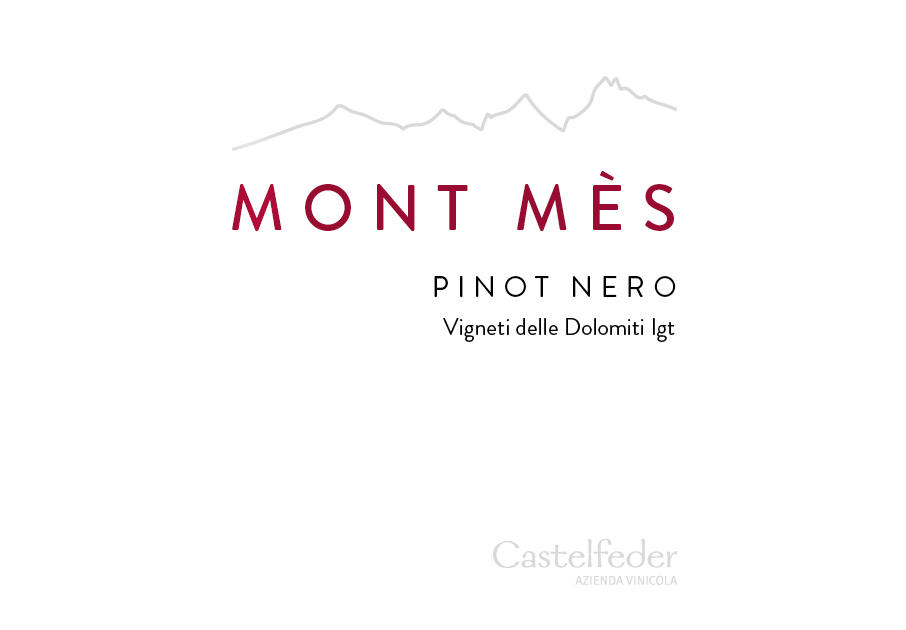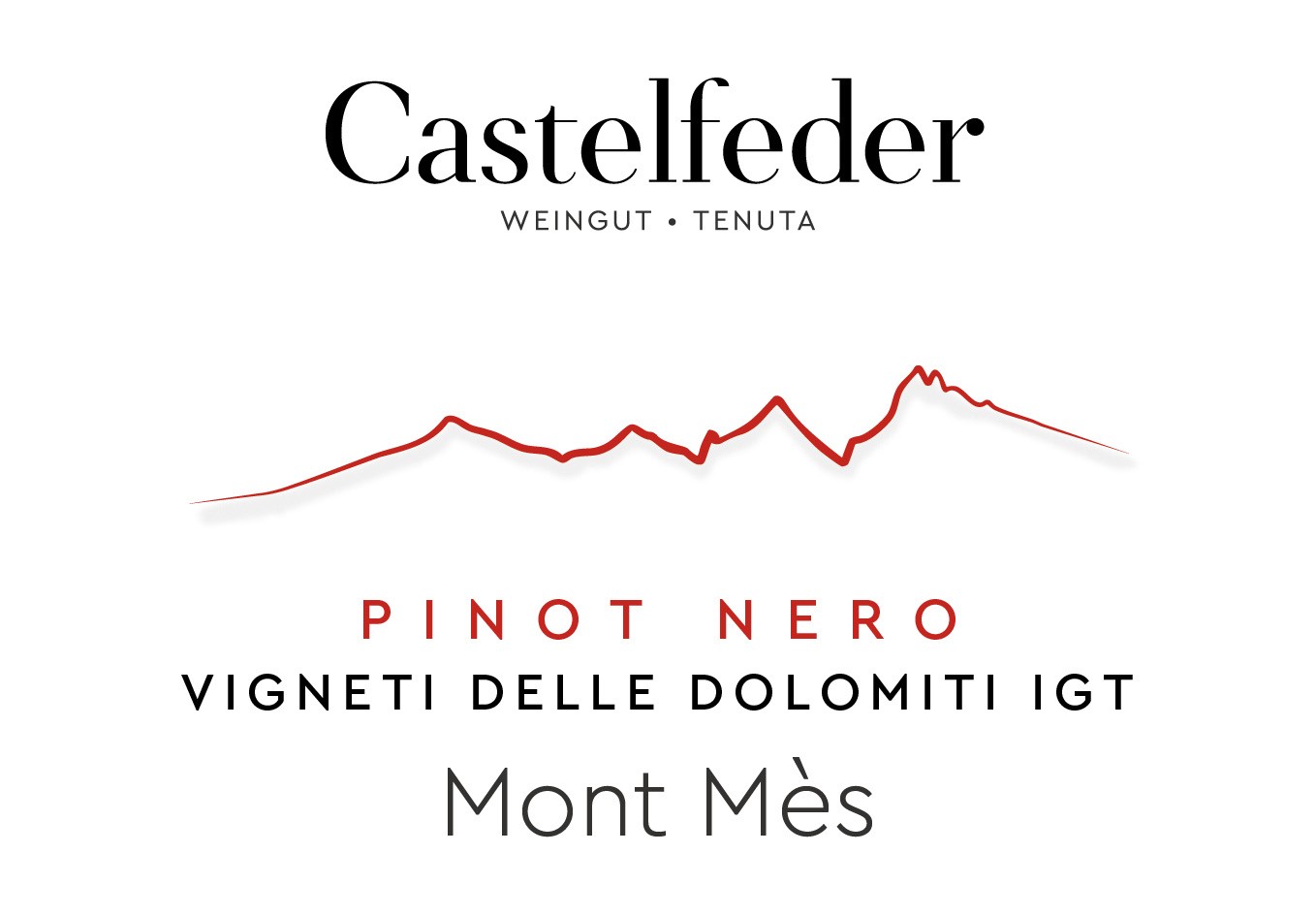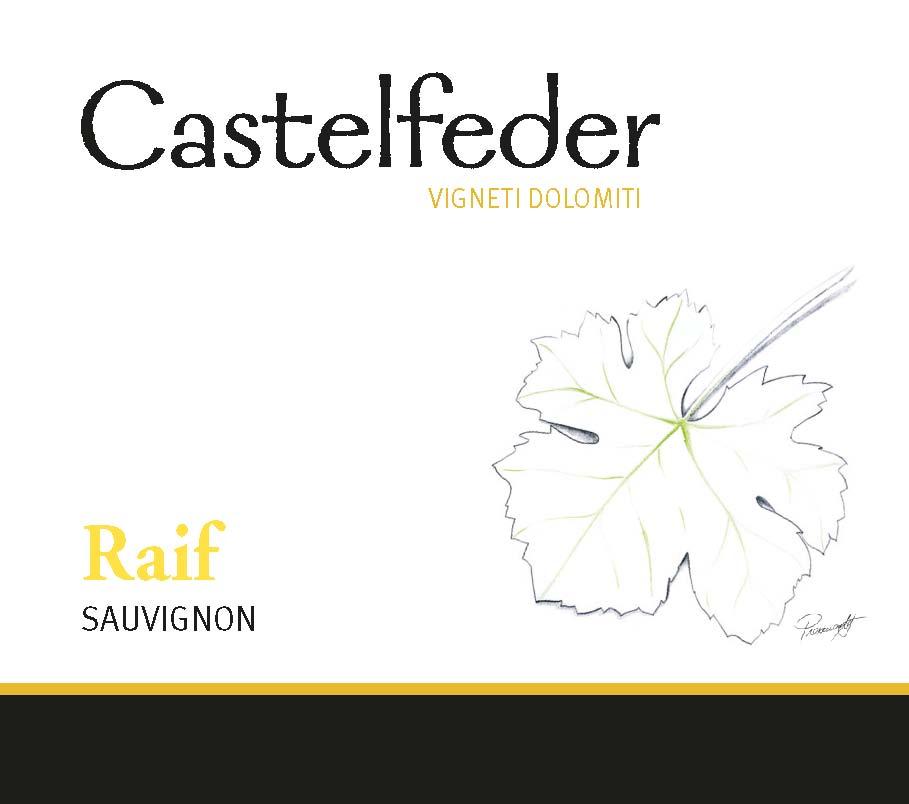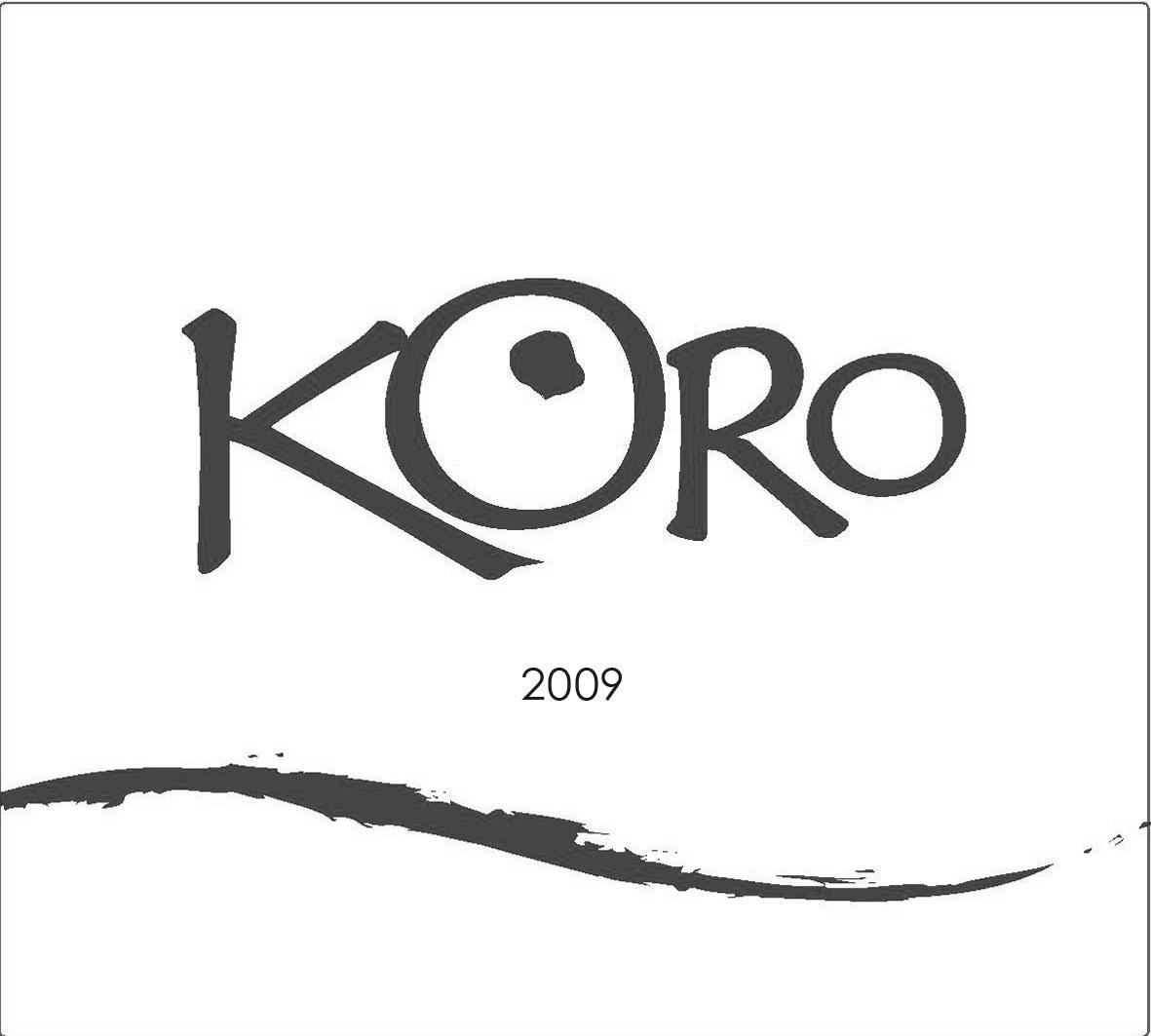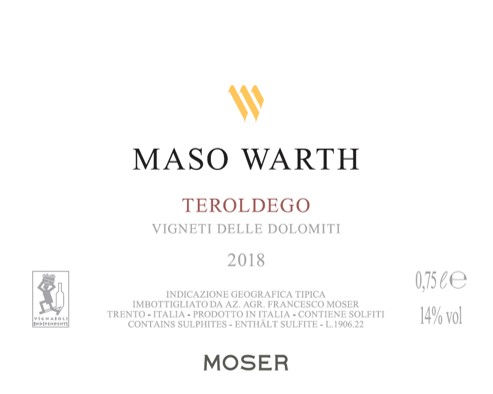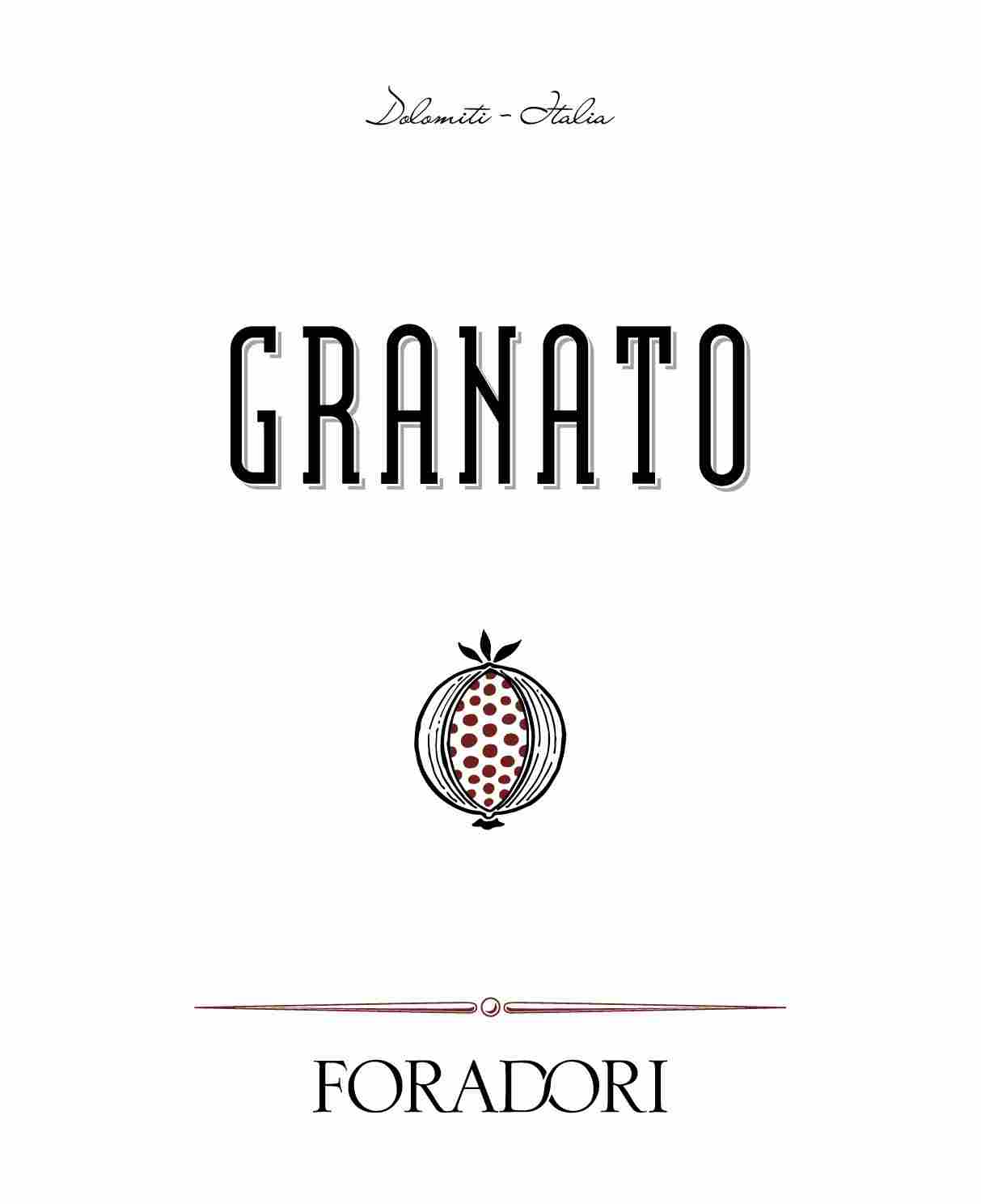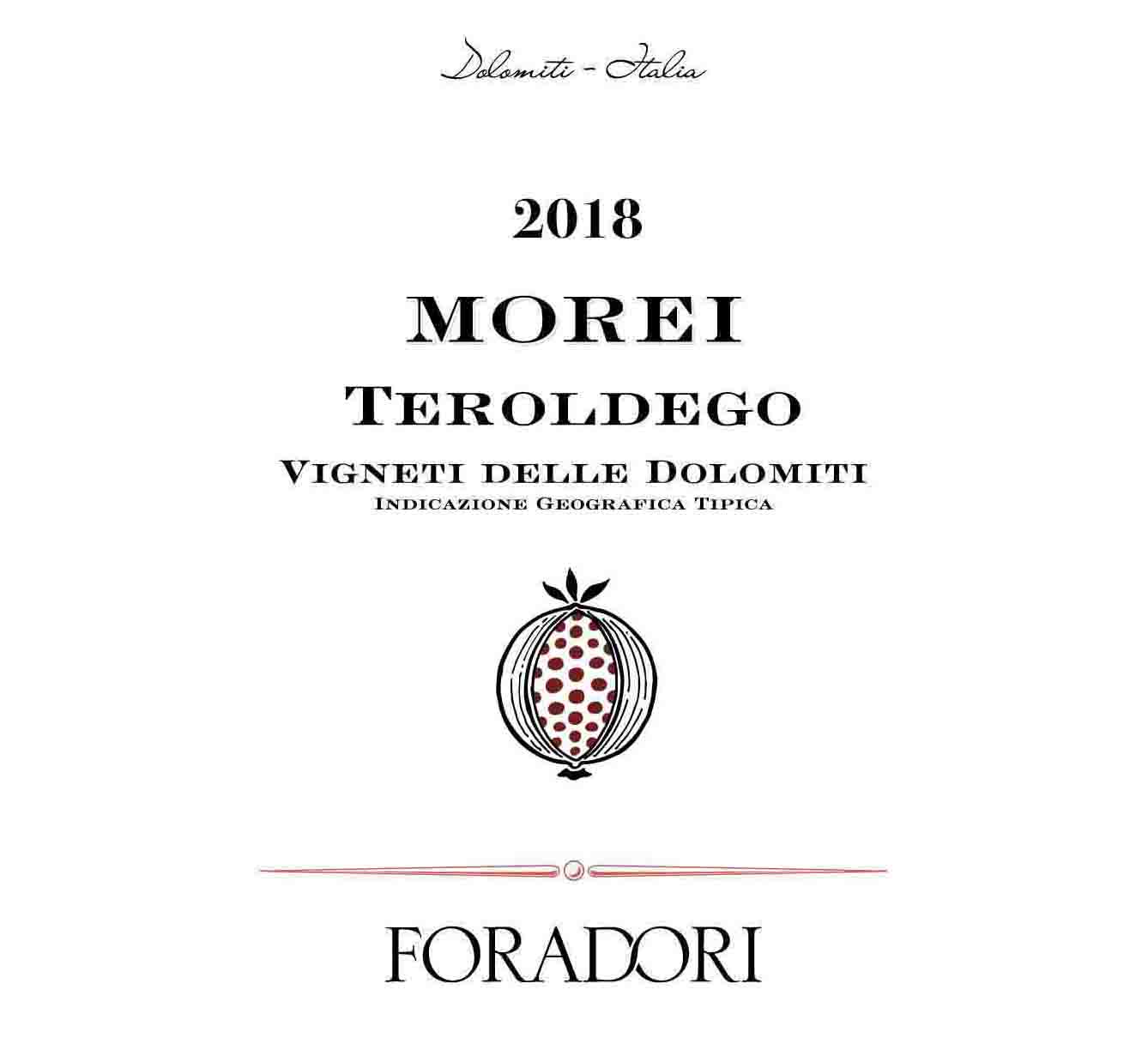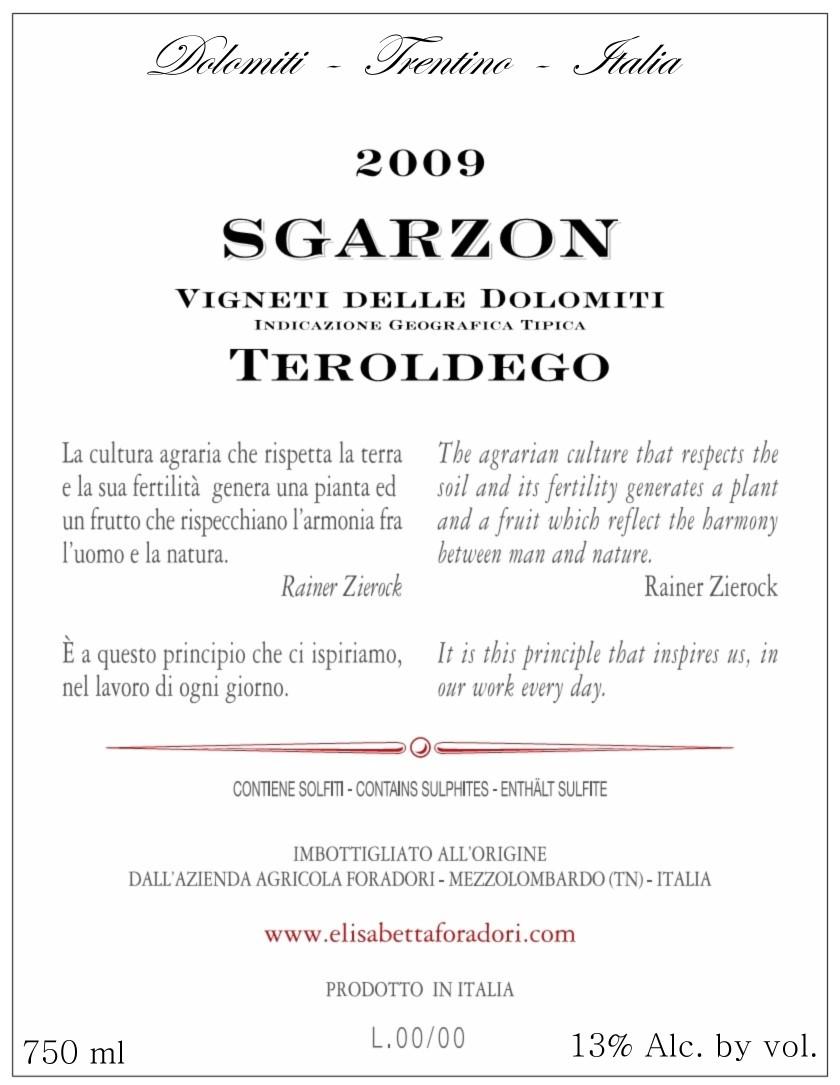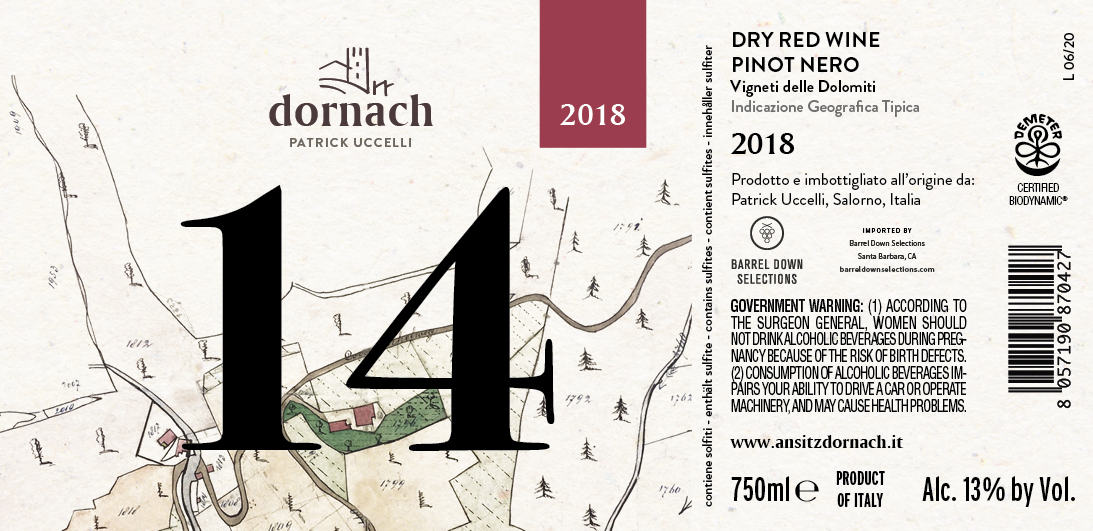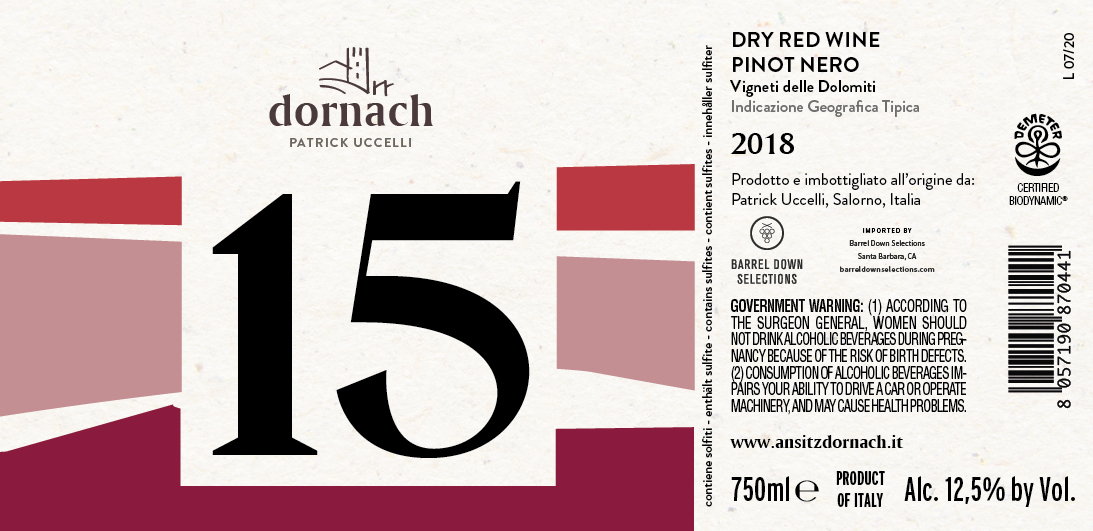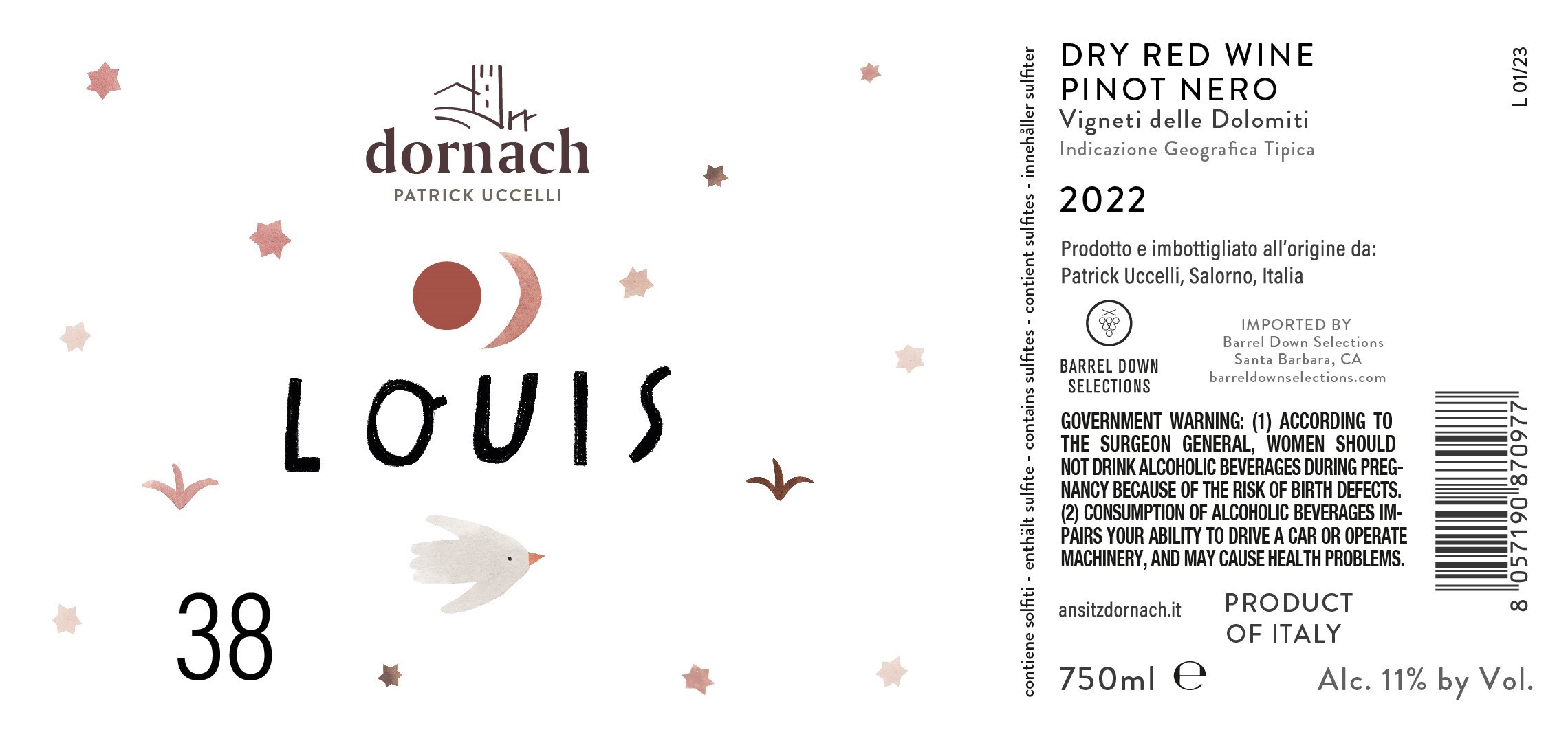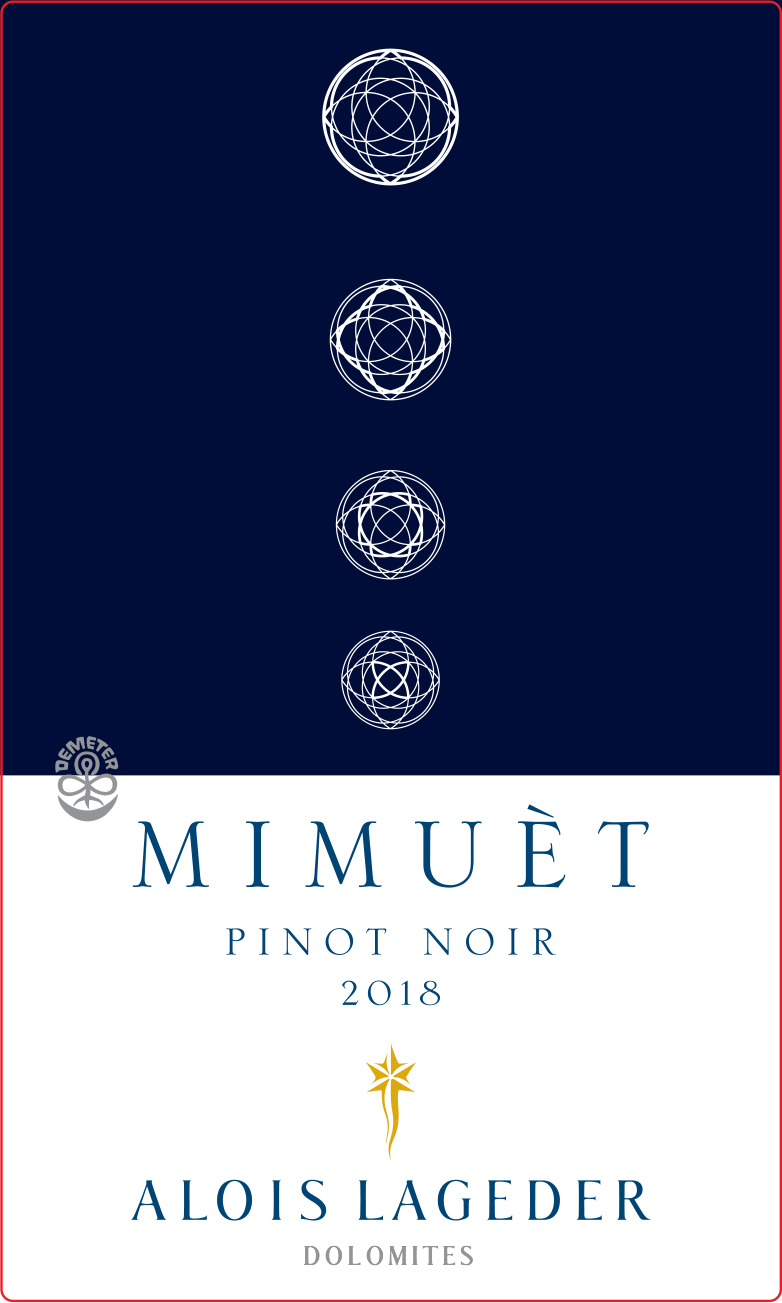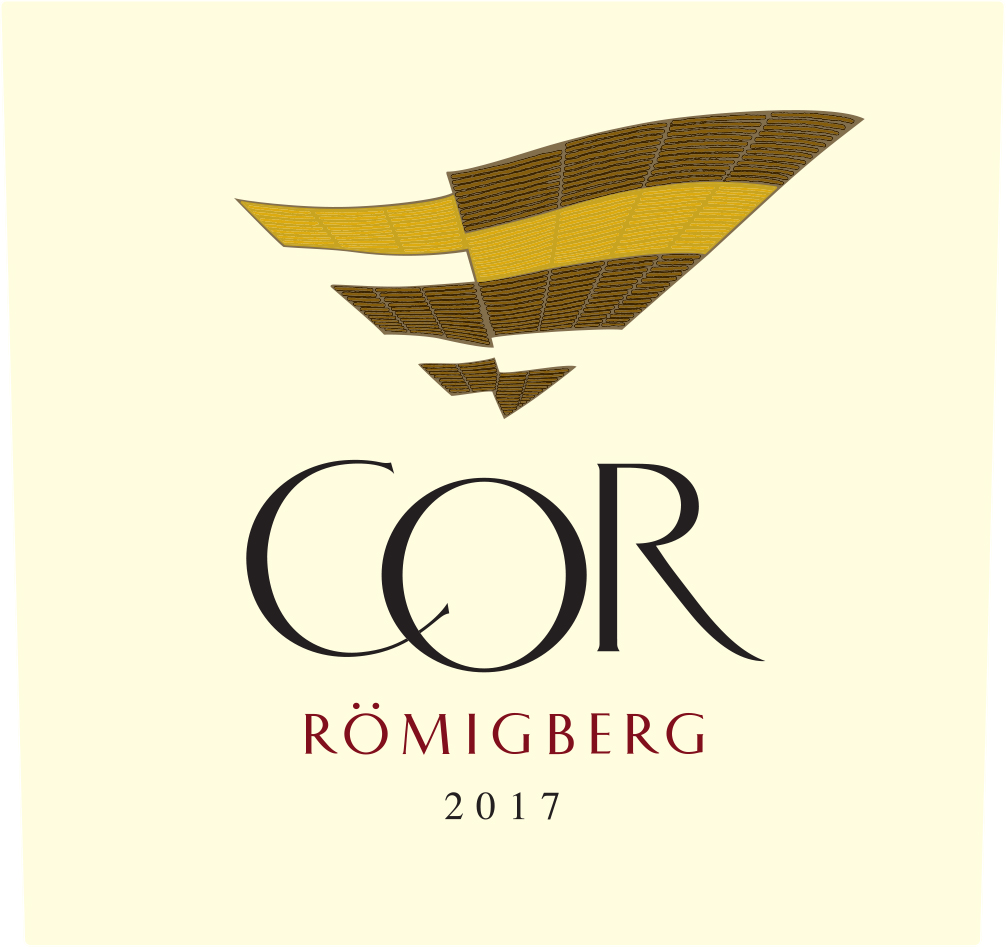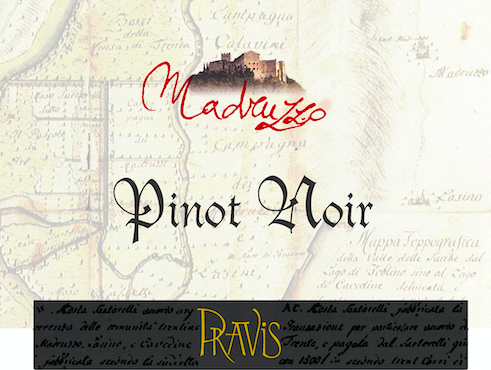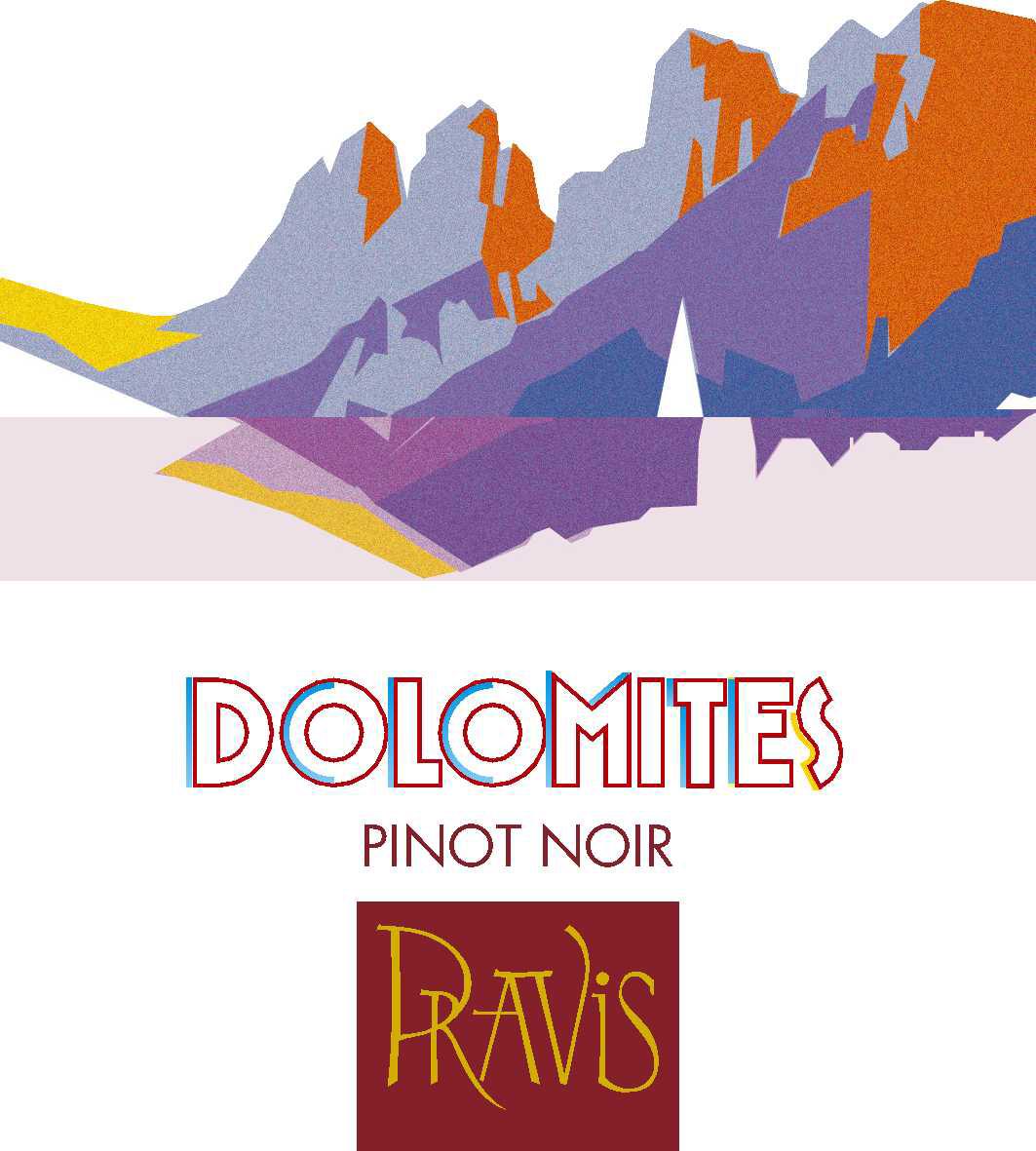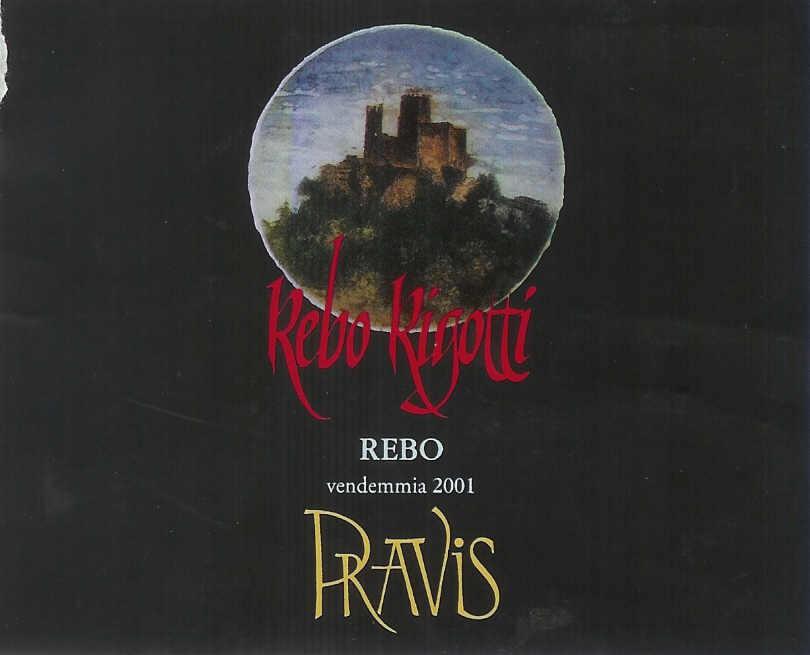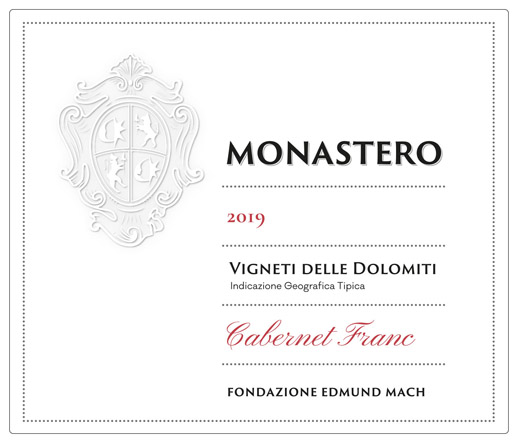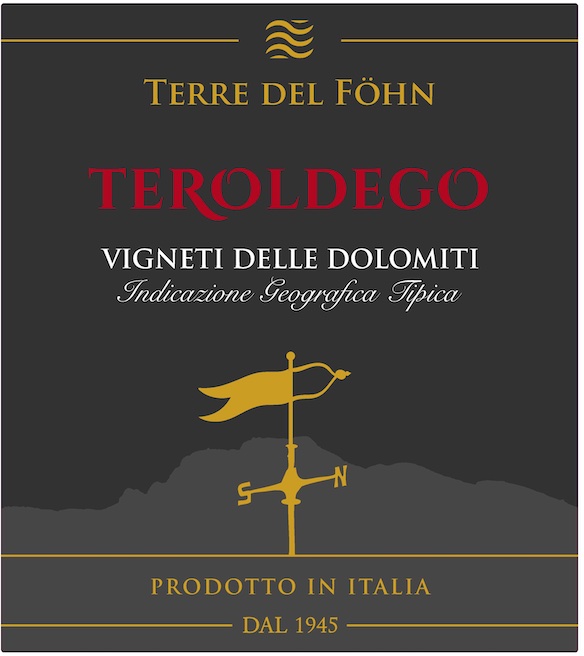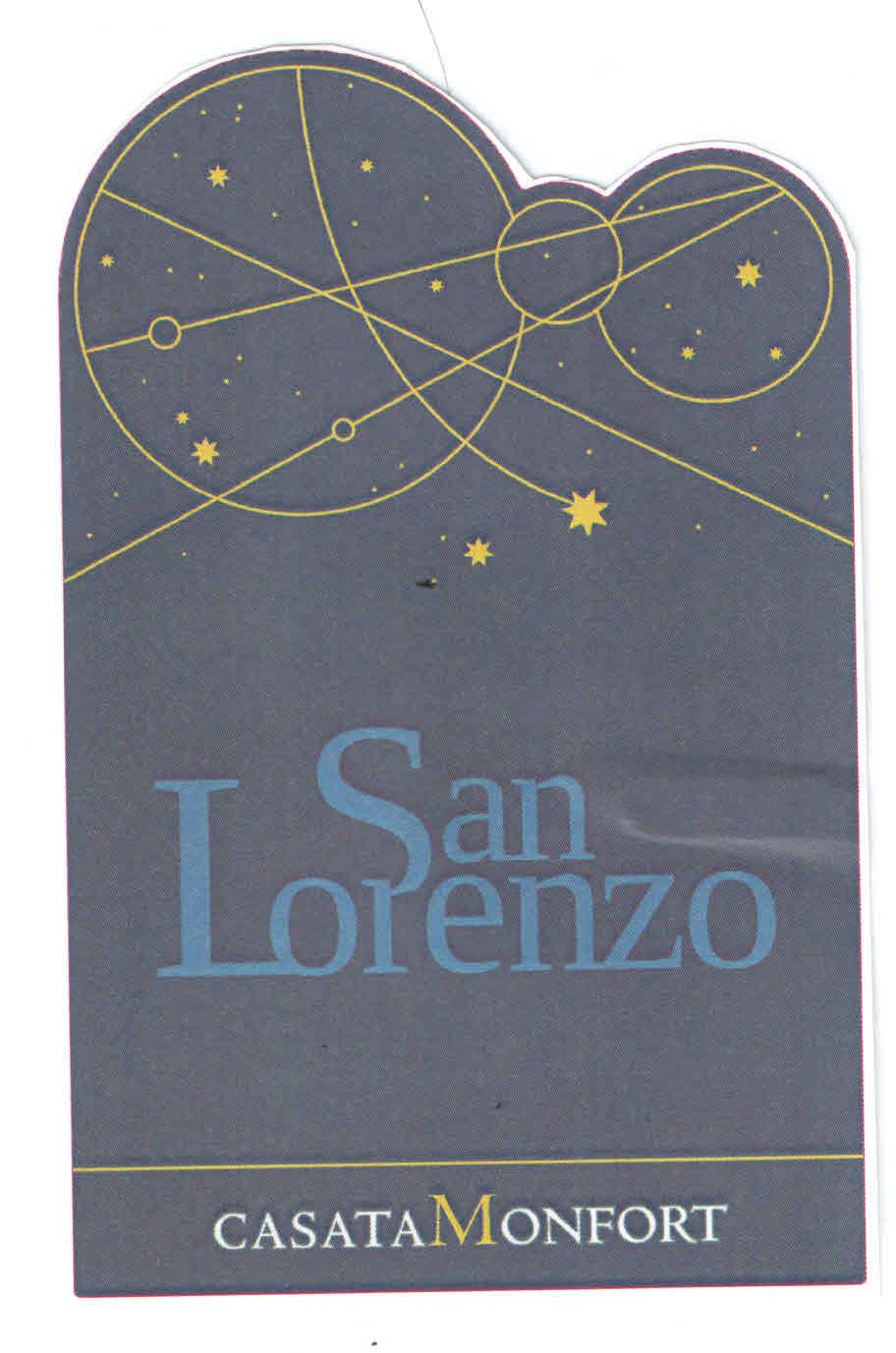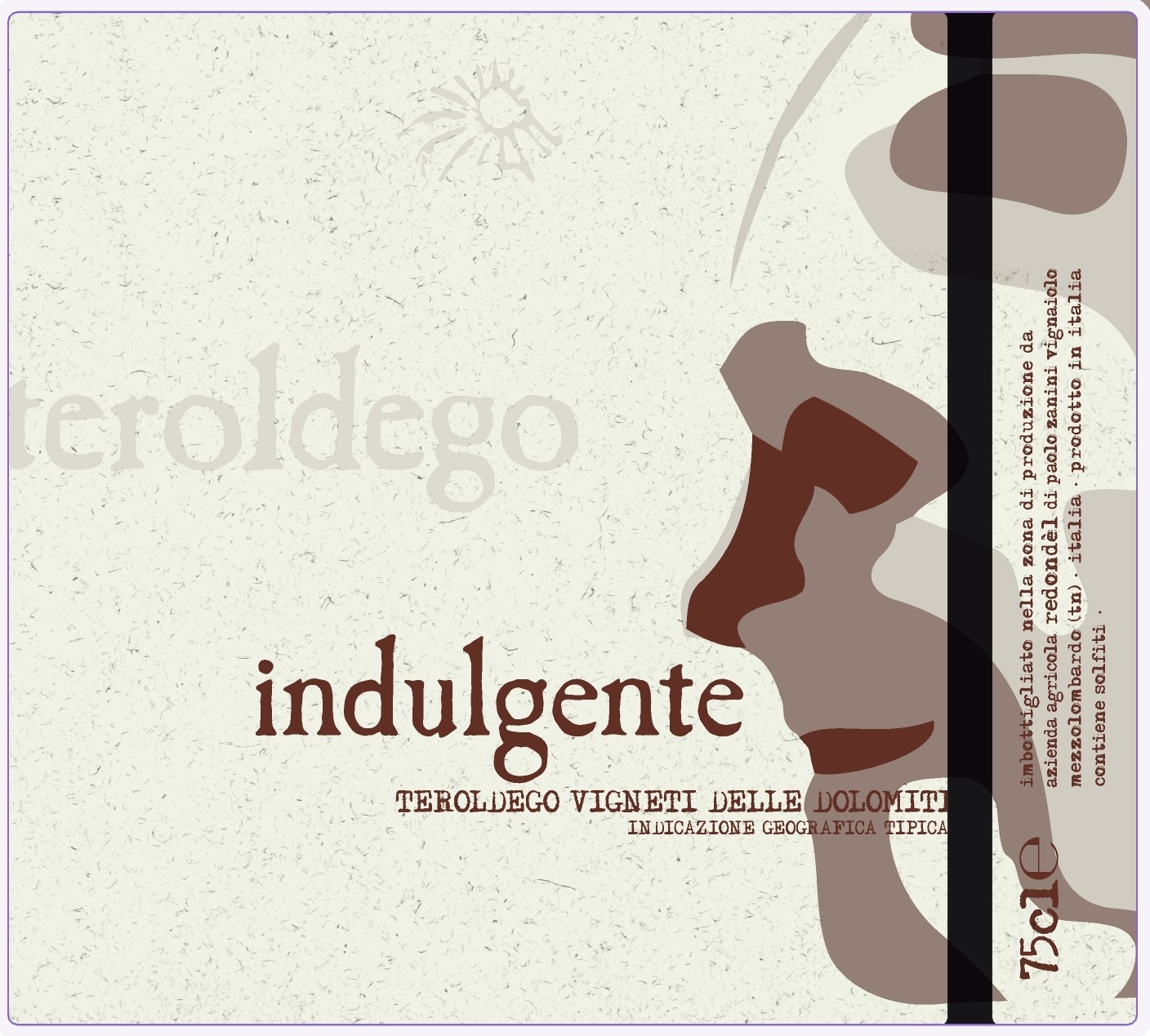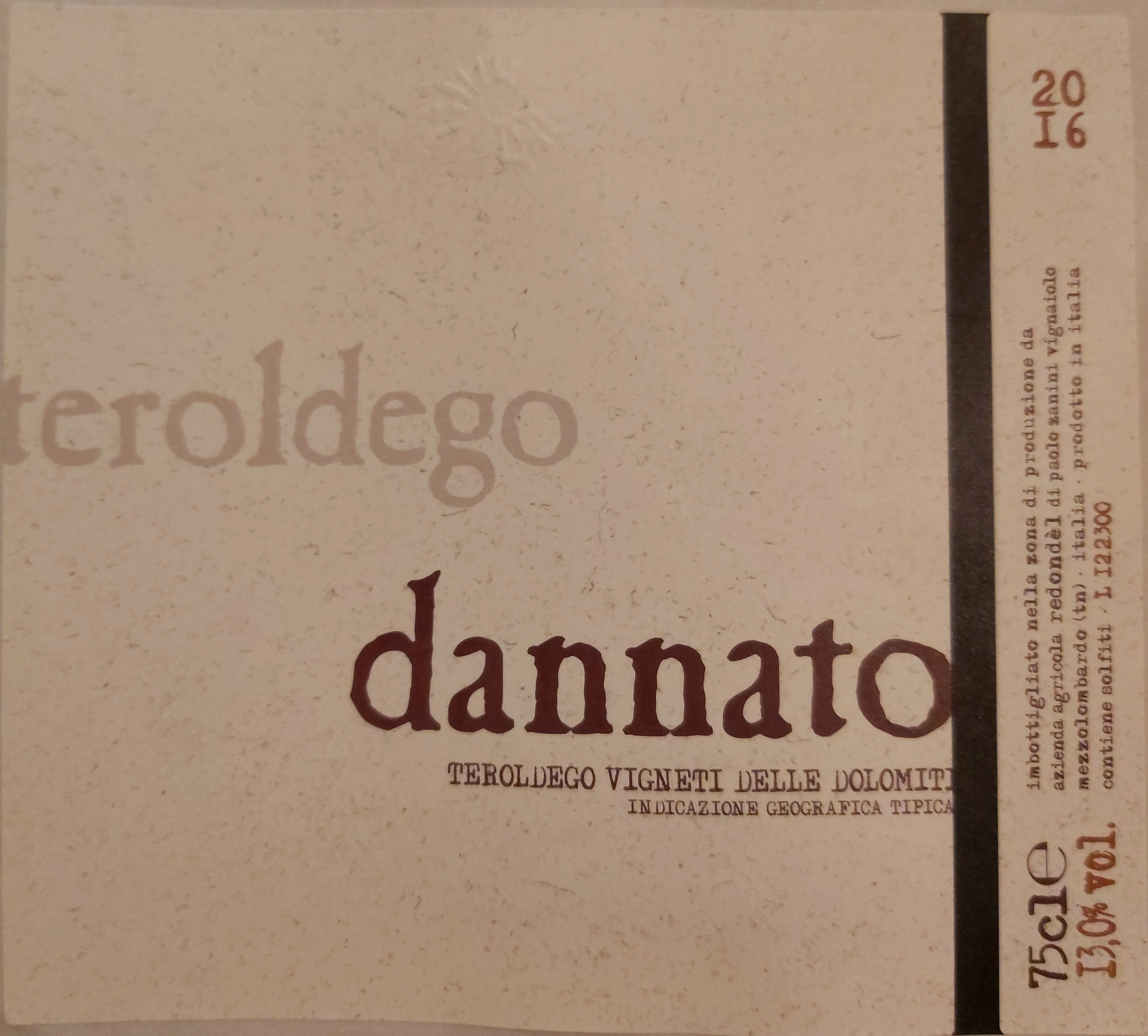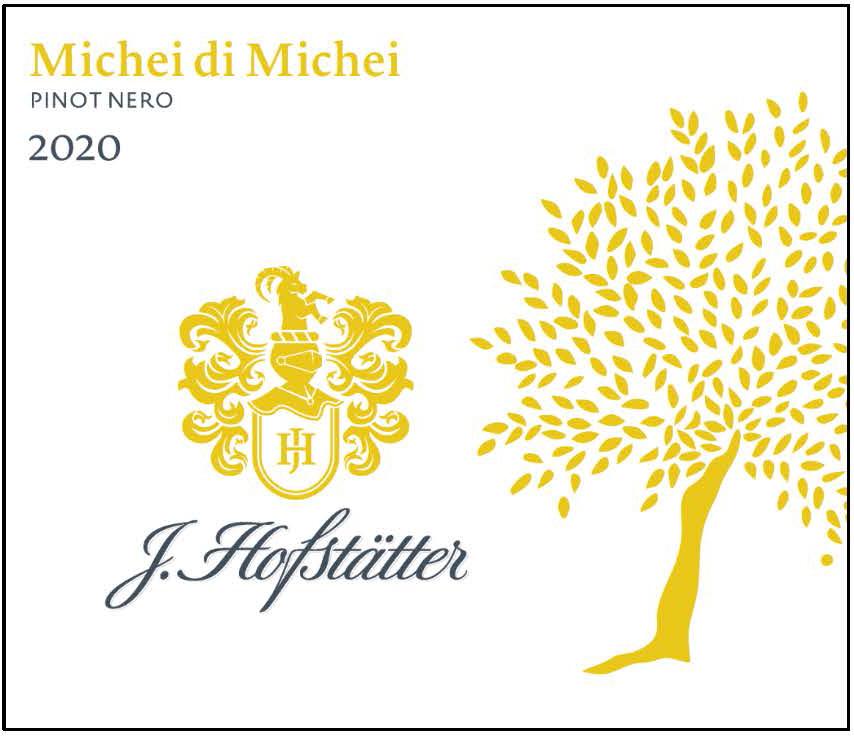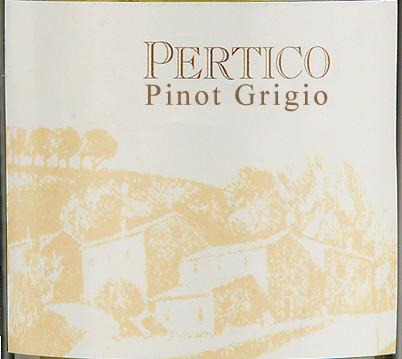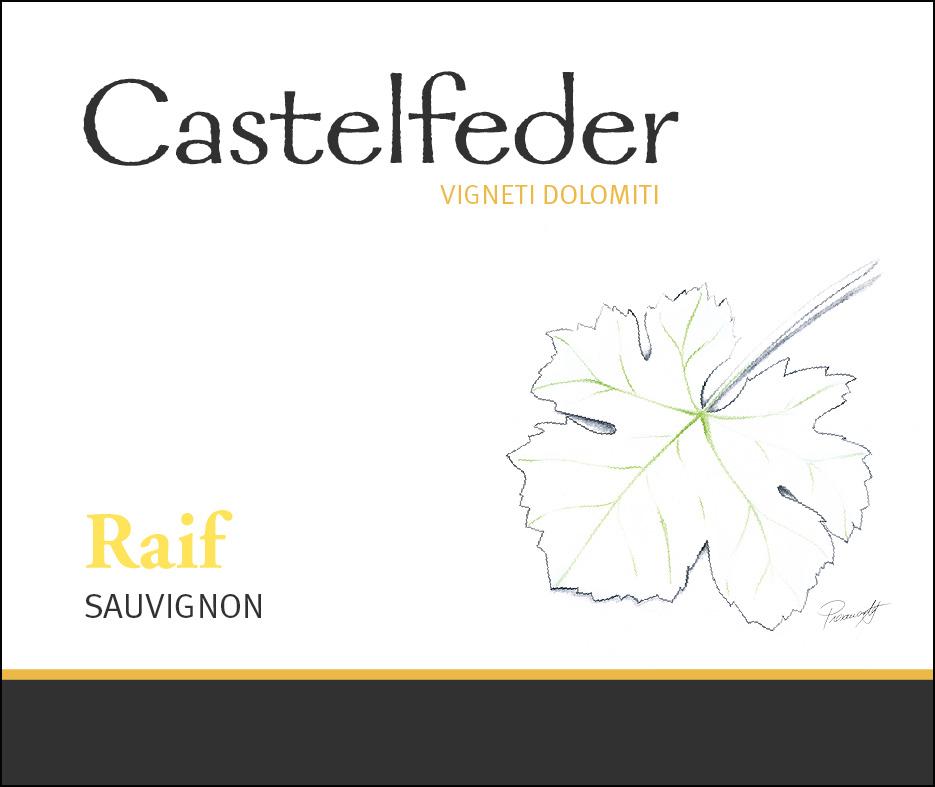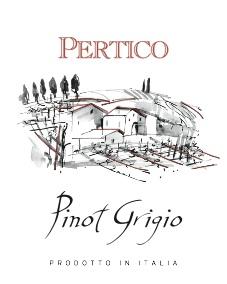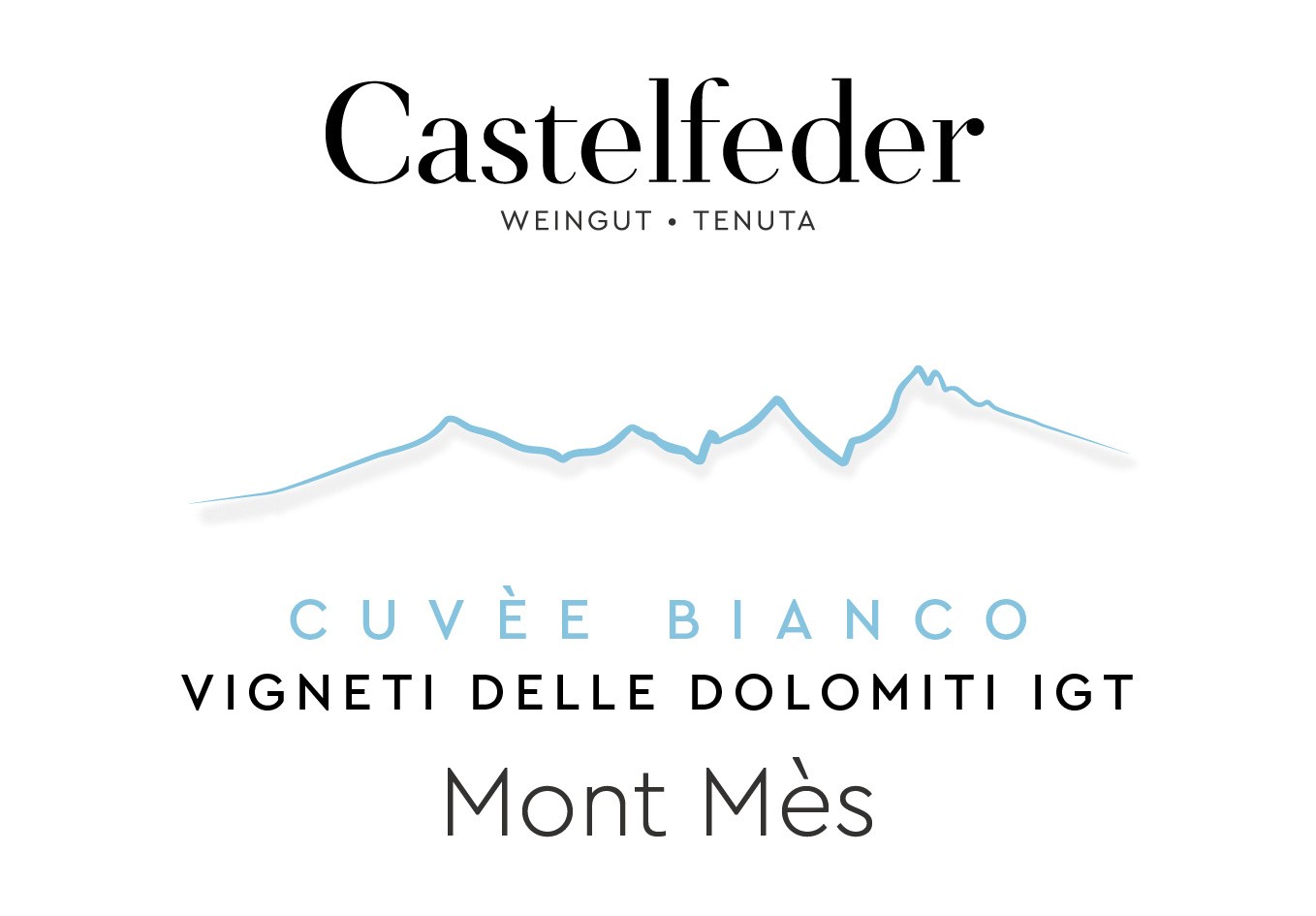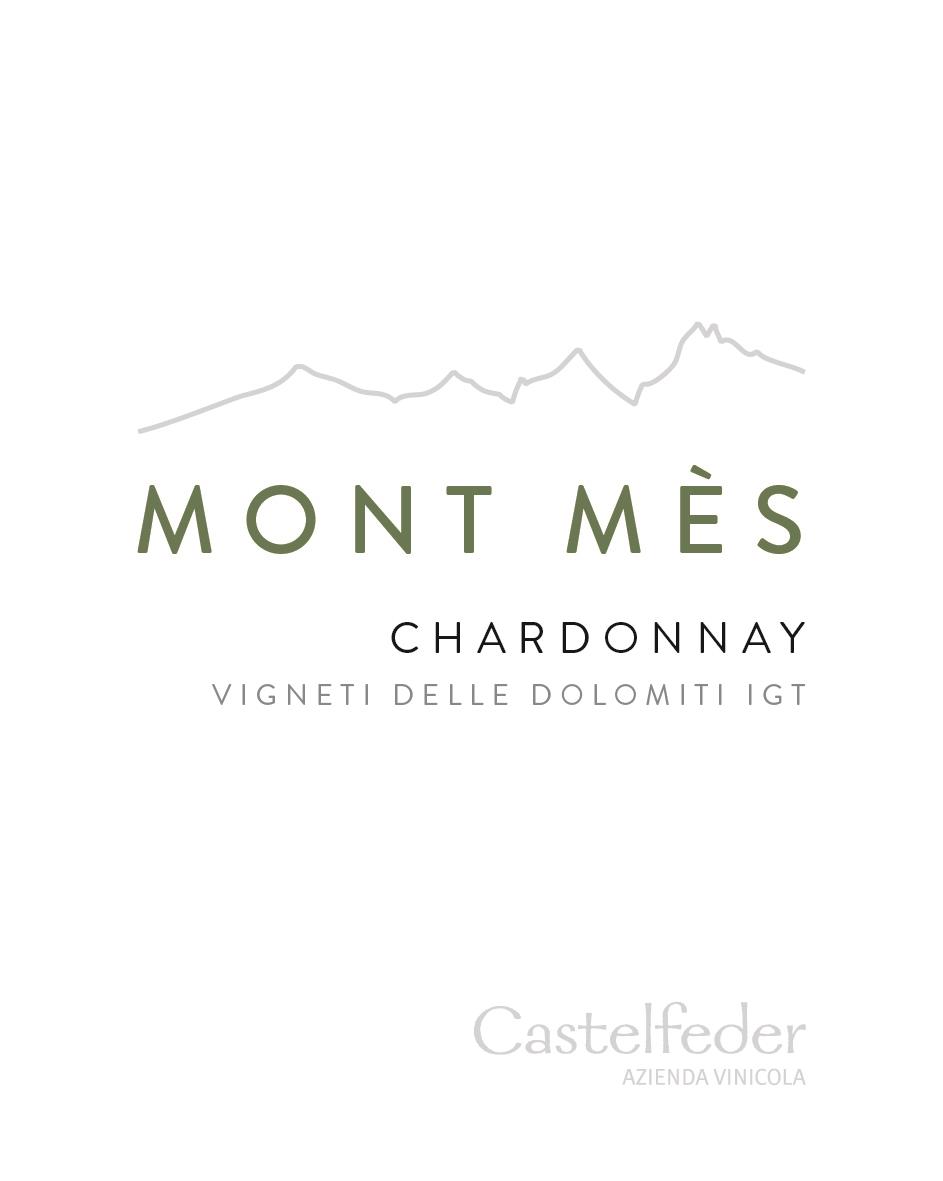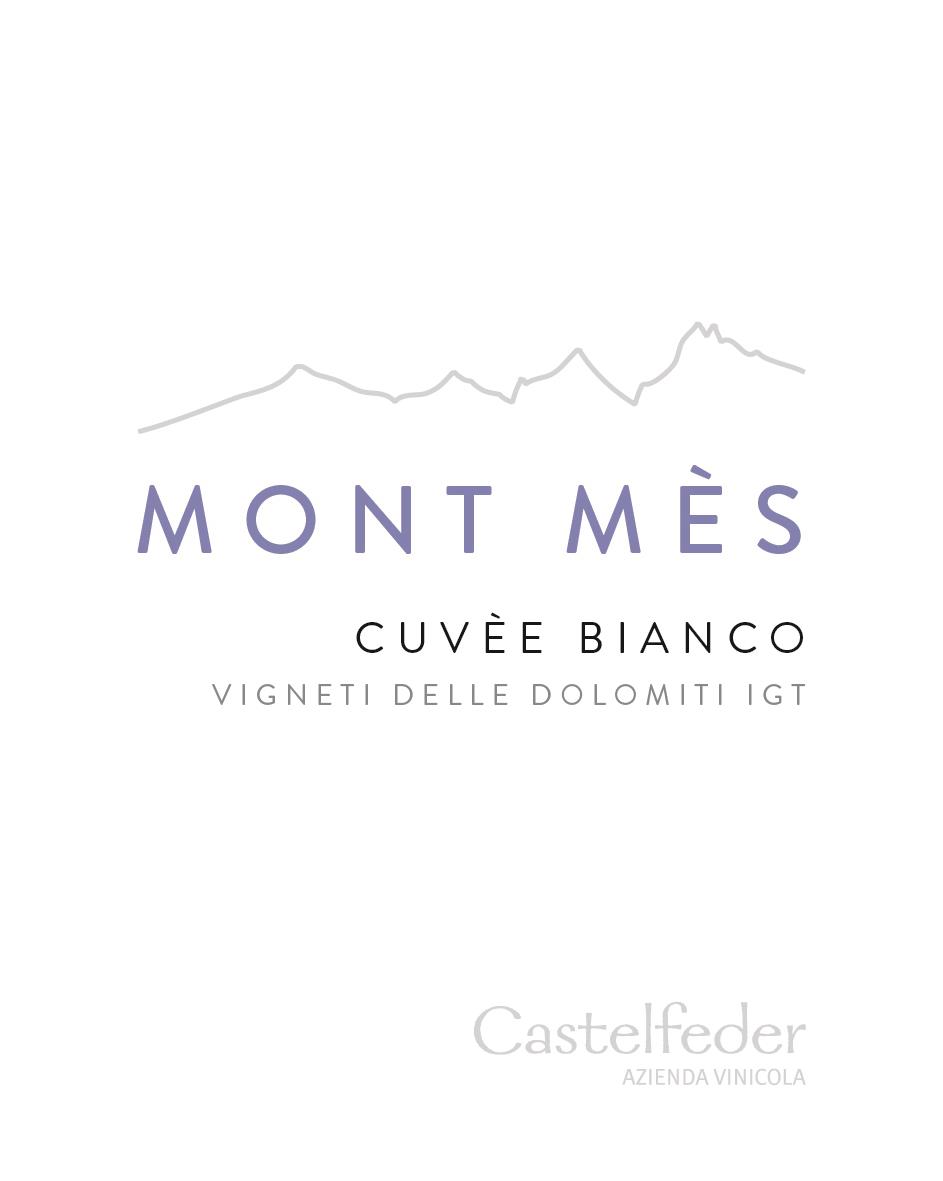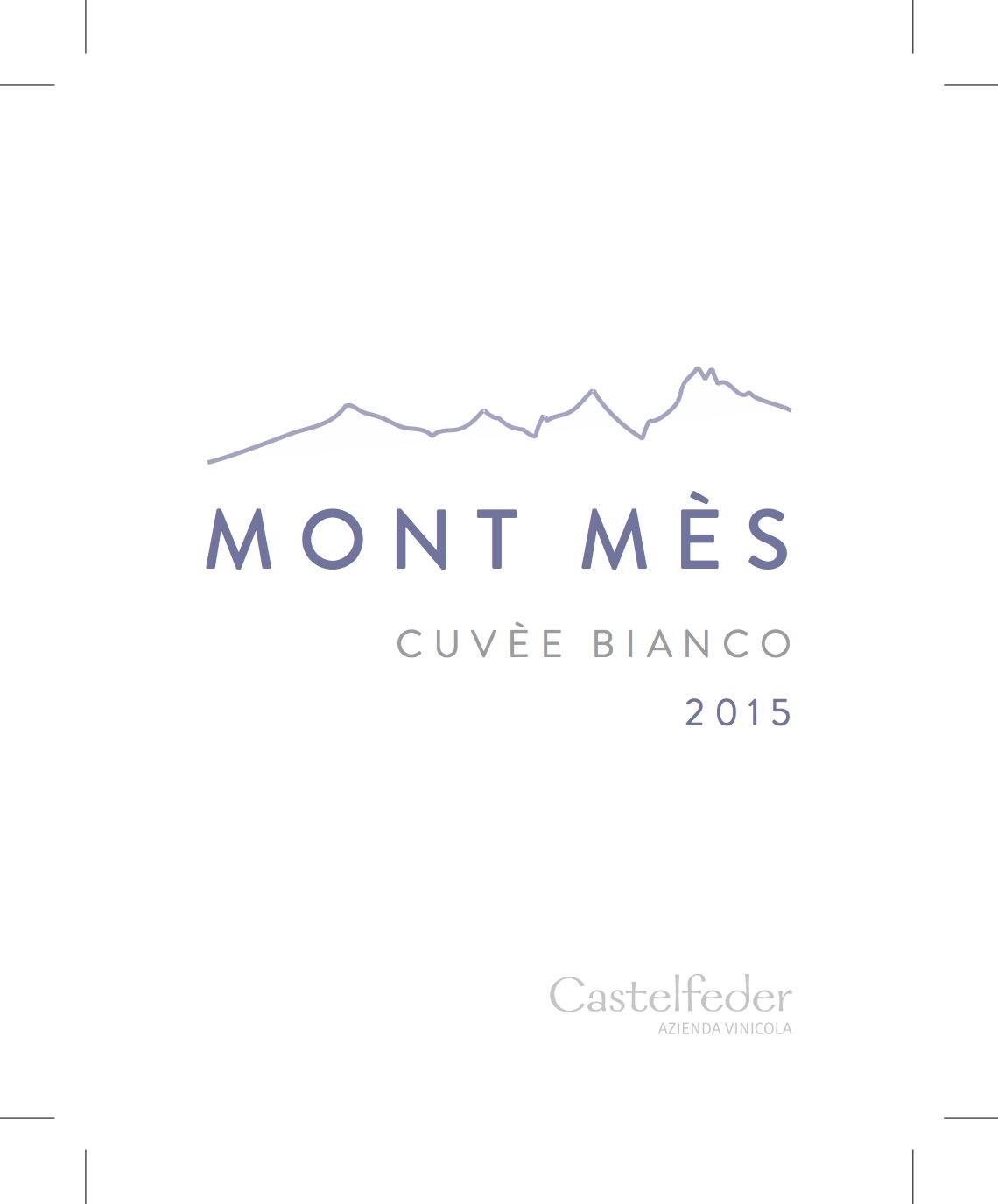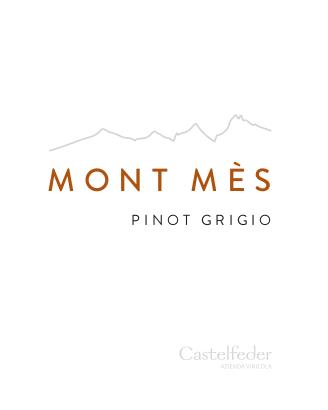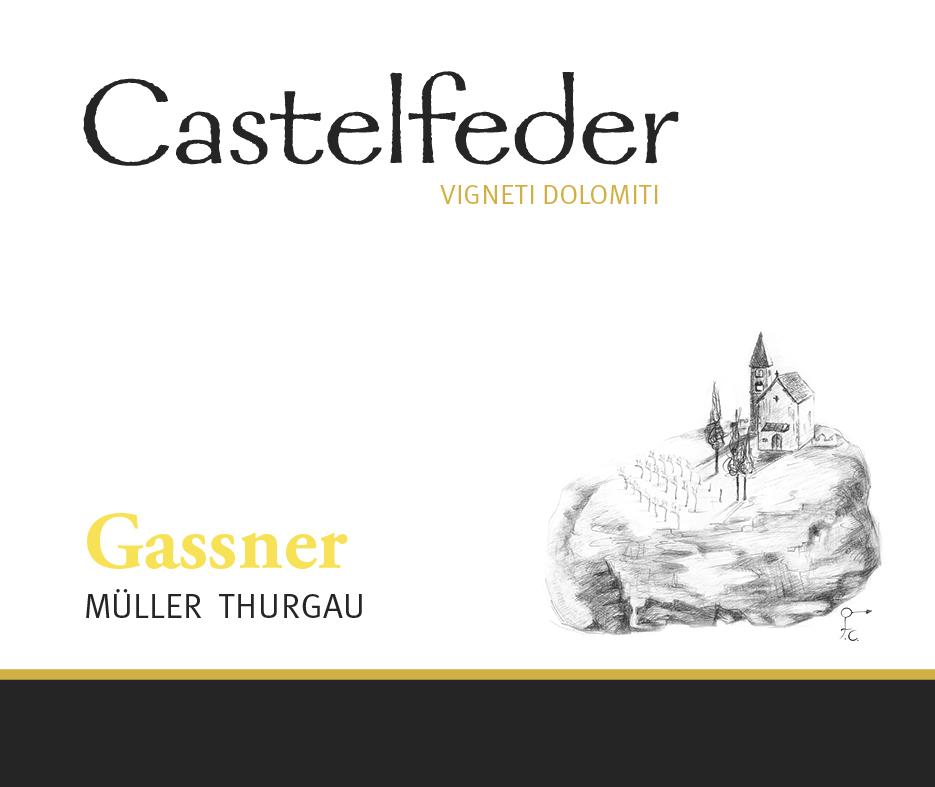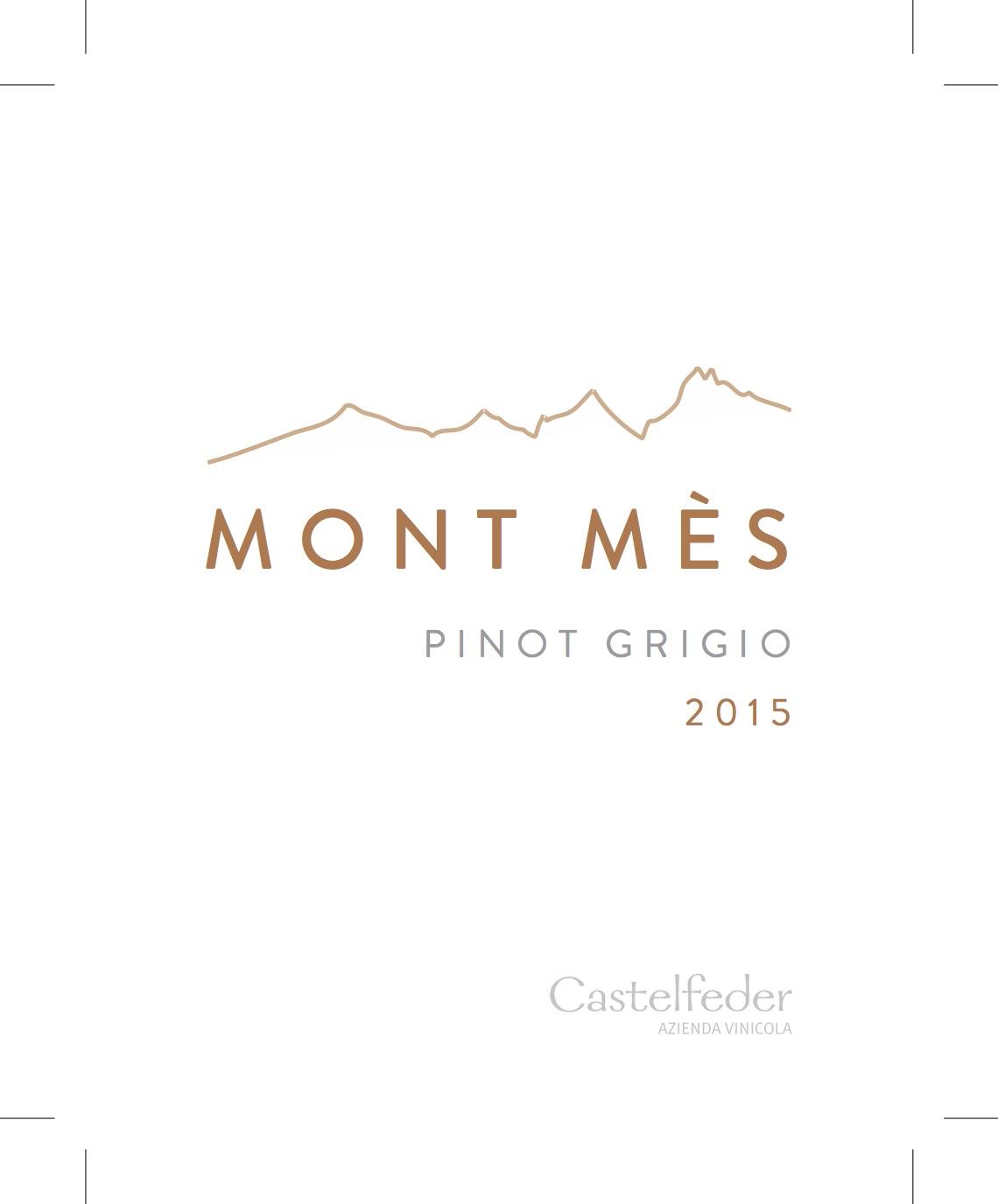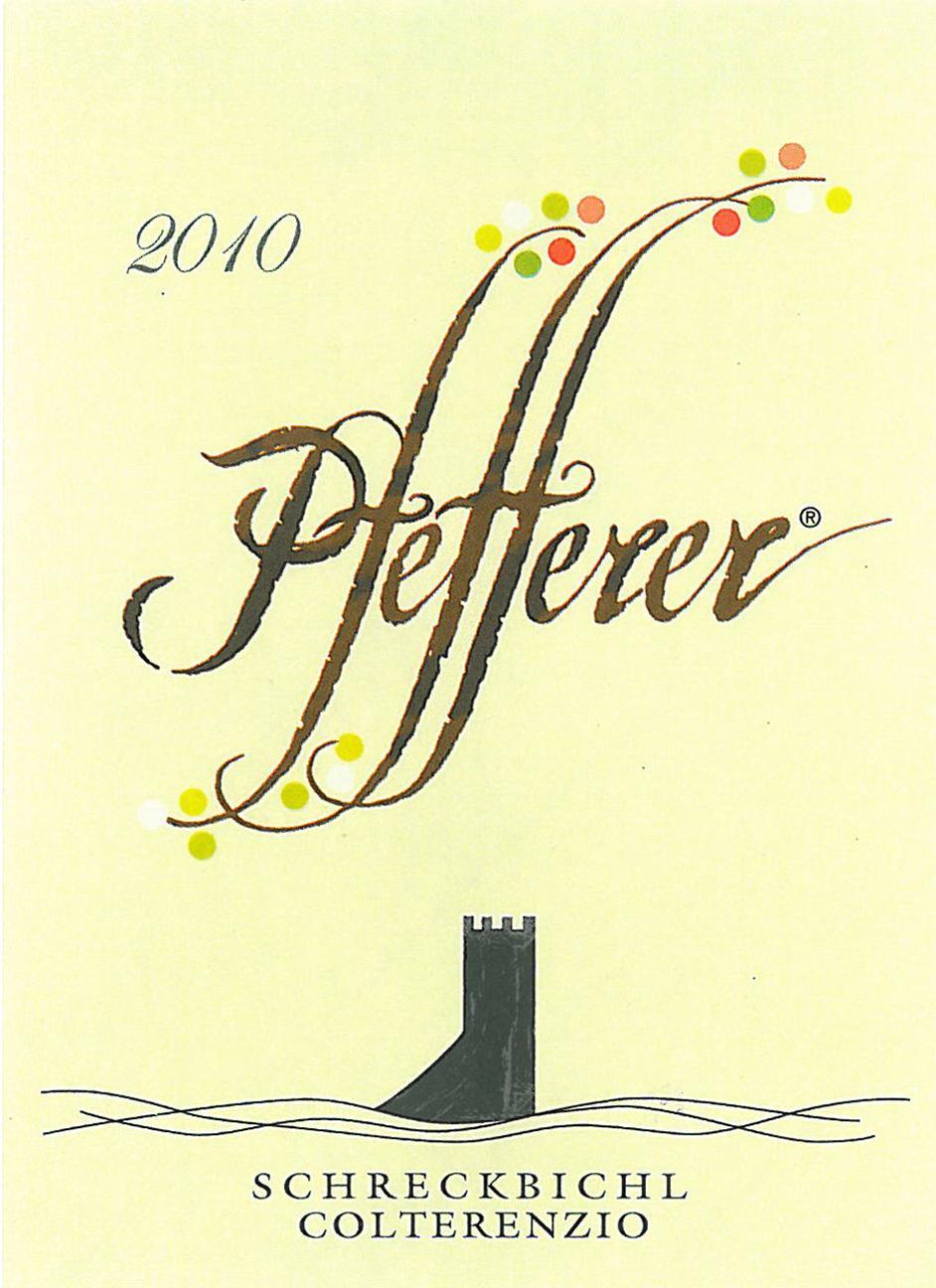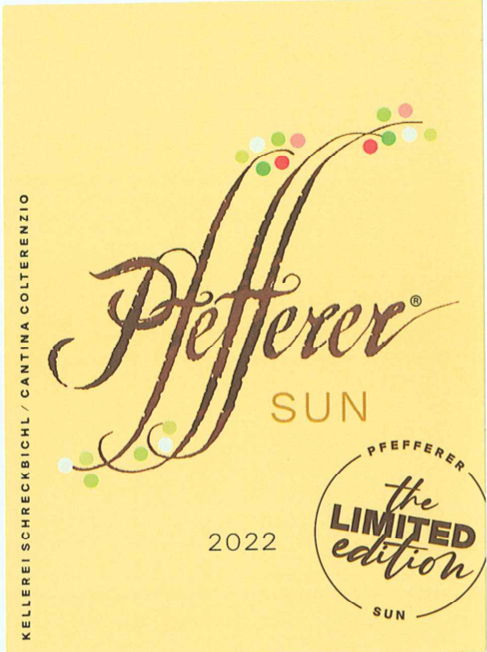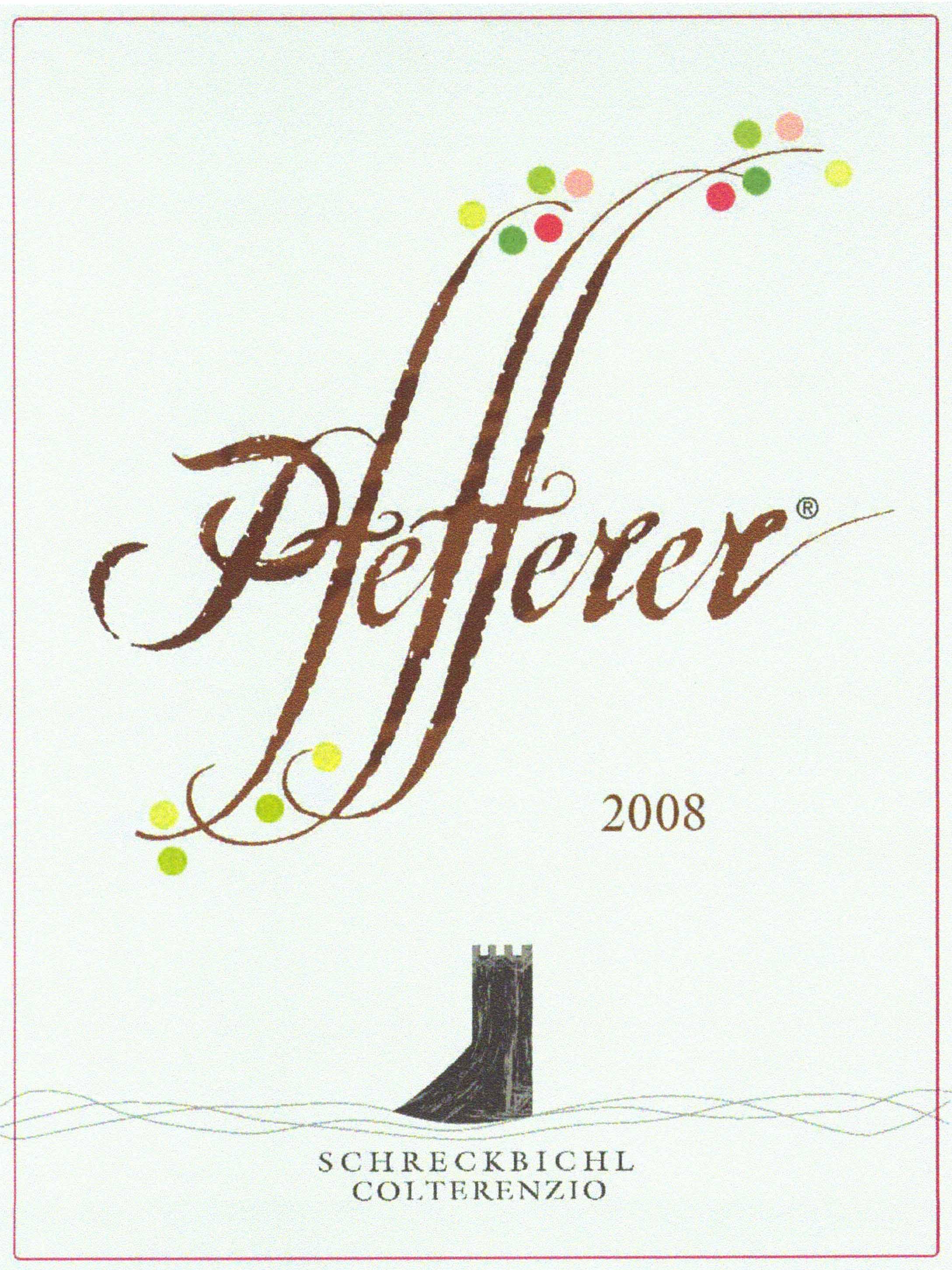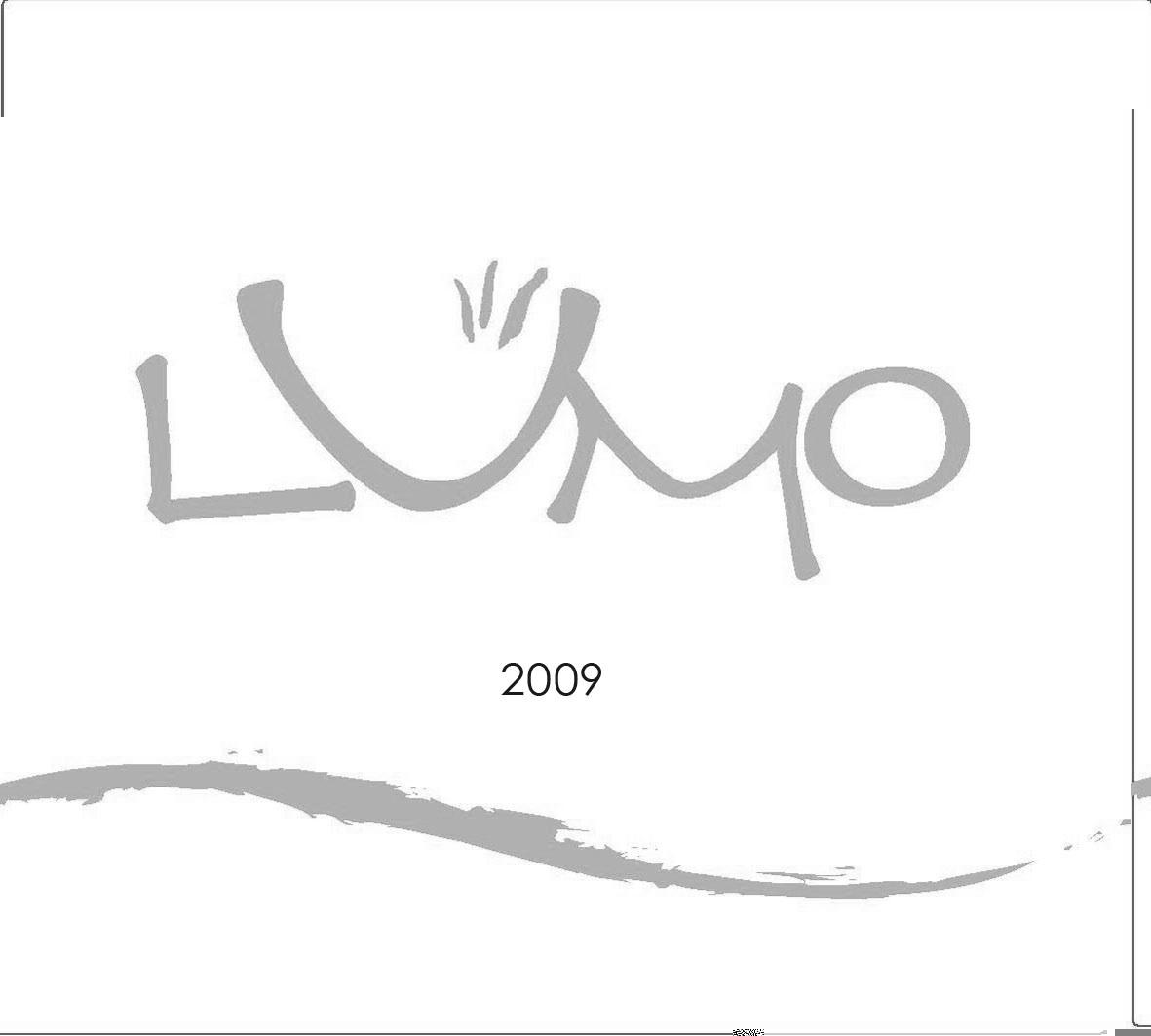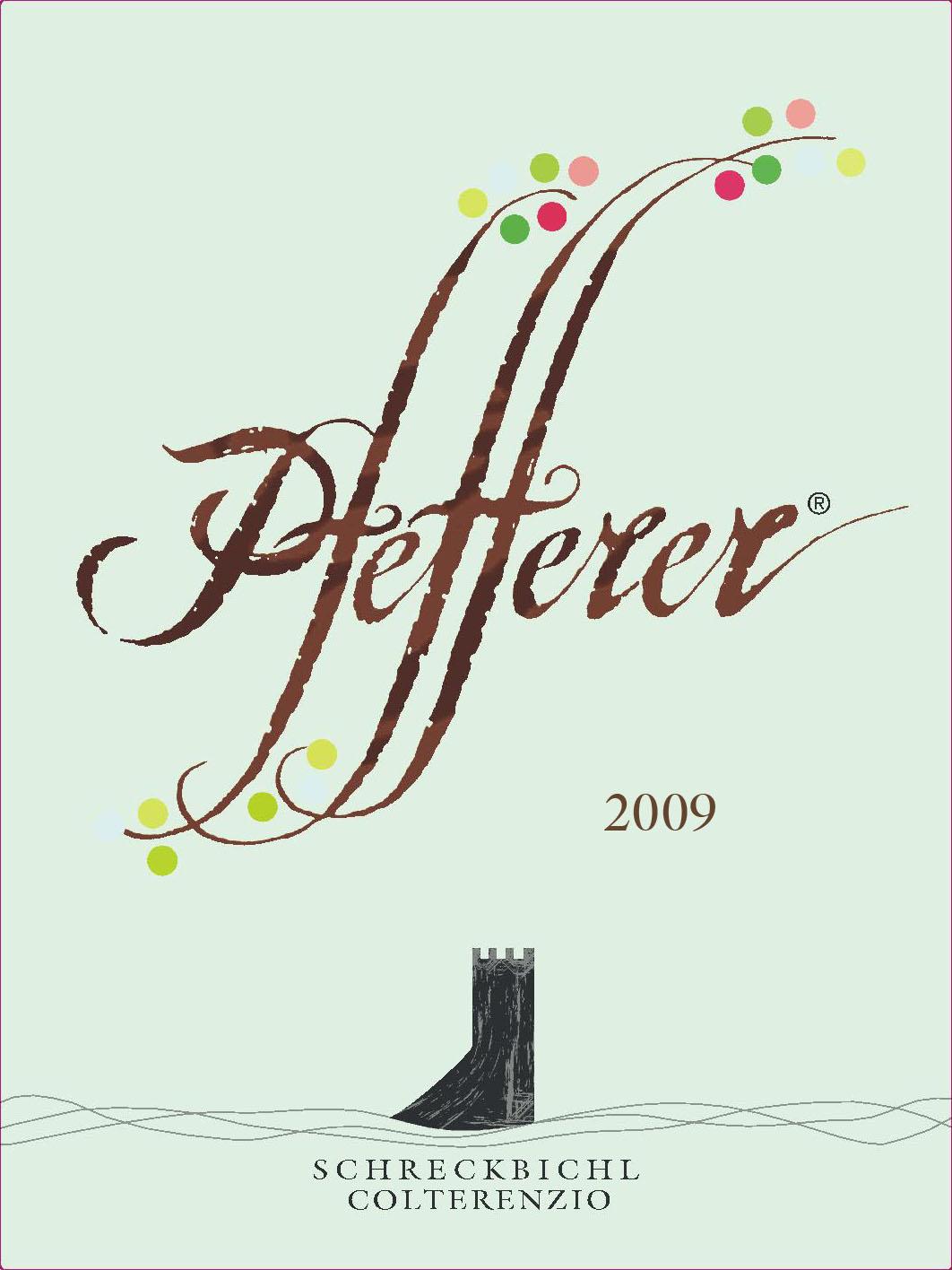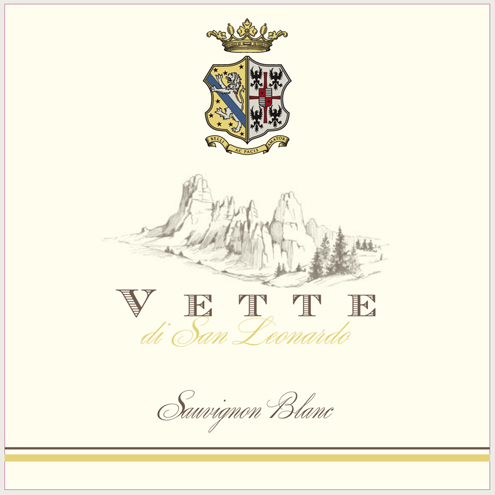Terroir of the Vigneti delle Dolomiti
The Vigneti delle Dolomiti region has a mix of continental and alpine climates, with cold winters and warm, sunny summers cooled by mountain breezes. These conditions help grapes mature while keeping their acidity, thanks to big temperature changes between day and night.
The soil is varied, with vineyards on glacial moraines made of gravel, sand, and clay that help drainage and add minerality to the wines. In Trentino, volcanic materials like porphyry and basalt give wines flinty notes and firm acidity. Calcareous clays add depth and aging potential, while alluvial sands on river terraces boost fruitiness. Hillside plots on rocks like schist offer wines with strong minerality and structure.
This mix of altitude, soil, and climate produces wines that are precise and expressive, showing off the special terroir of the Dolomites.
Notable Wineries in the Vigneti delle Dolomiti
Exploring the Vigneti delle Dolomiti IGT wines reveals a rich tapestry of winemaking talent in northeastern Italy. In Trentino, Elisabetta Foradori is a standout, known for her biodynamic approach and distinctive wines. Pojer e Sandri, meanwhile, crafts both red and white wines under the Dolomiti IGT label. The consortium Cavit, with its many member wineries, offers a wide array of Dolomiti-branded options.
- Cantina Colterenzio: A major cooperative in Alto Adige, crafting both IGT and DOC wines.
- Manincor: Known for its blends under the Dolomiti IGT category.
- Tenuta San Leonardo: Celebrated for Bordeaux-style reds, also producing Dolomiti IGT wines.
These wineries blend tradition and innovation, set against the stunning backdrop of the Dolomites, offering visitors immersive tastings and tours.
Sustainable Winemaking in the Vigneti delle Dolomiti
The Vigneti delle Dolomiti region is a pioneer in sustainable wine production, with many farmers adopting integrated or organic methods to prioritize soil health and biodiversity. Regional efforts focus on eliminating synthetic herbicides, reducing mineral nitrogen fertilizers, and embracing biodegradable materials over plastics. Water conservation and ecological pest management are key strategies, while cover crops and minimal tilling help protect the steep slopes from erosion.
Trentino leads the charge, with numerous farmers achieving SQNPI certification, Italy’s standard for integrated production. The commitment extends to experimenting with disease-resistant grape varieties and emphasizing farm-to-bottle practices. This stewardship aims to preserve the Alpine landscape for future generations, ensuring the region's wines continue to reflect the unique terroir of the Dolomites.
Wine Tourism in the Vigneti delle Dolomiti
Wine tourism in the Dolomites offers a unique blend of natural beauty and viticultural experiences. This region, with its dramatic landscapes and rich winemaking heritage, provides a perfect backdrop for exploring vineyards and tasting terroir-driven wines. Visitors can traverse wine trails that link charming villages and taste wines at welcoming cellar doors, often paired with local delights like polenta and speck. The area hosts notable events such as the Merano WineFestival, drawing enthusiasts to celebrate its diverse wine offerings.
Outdoor activities complement wine exploration, with hiking and biking through vineyard valleys offering panoramic views. In winter, ski resorts feature local wine tastings, enhancing the seasonal charm. The Dolomites' commitment to sustainable practices ensures the preservation of its unique environment, adding depth to the enotourism experience. This region seamlessly combines adventure, culture, and gastronomy, making it a must-visit destination for wine lovers.
